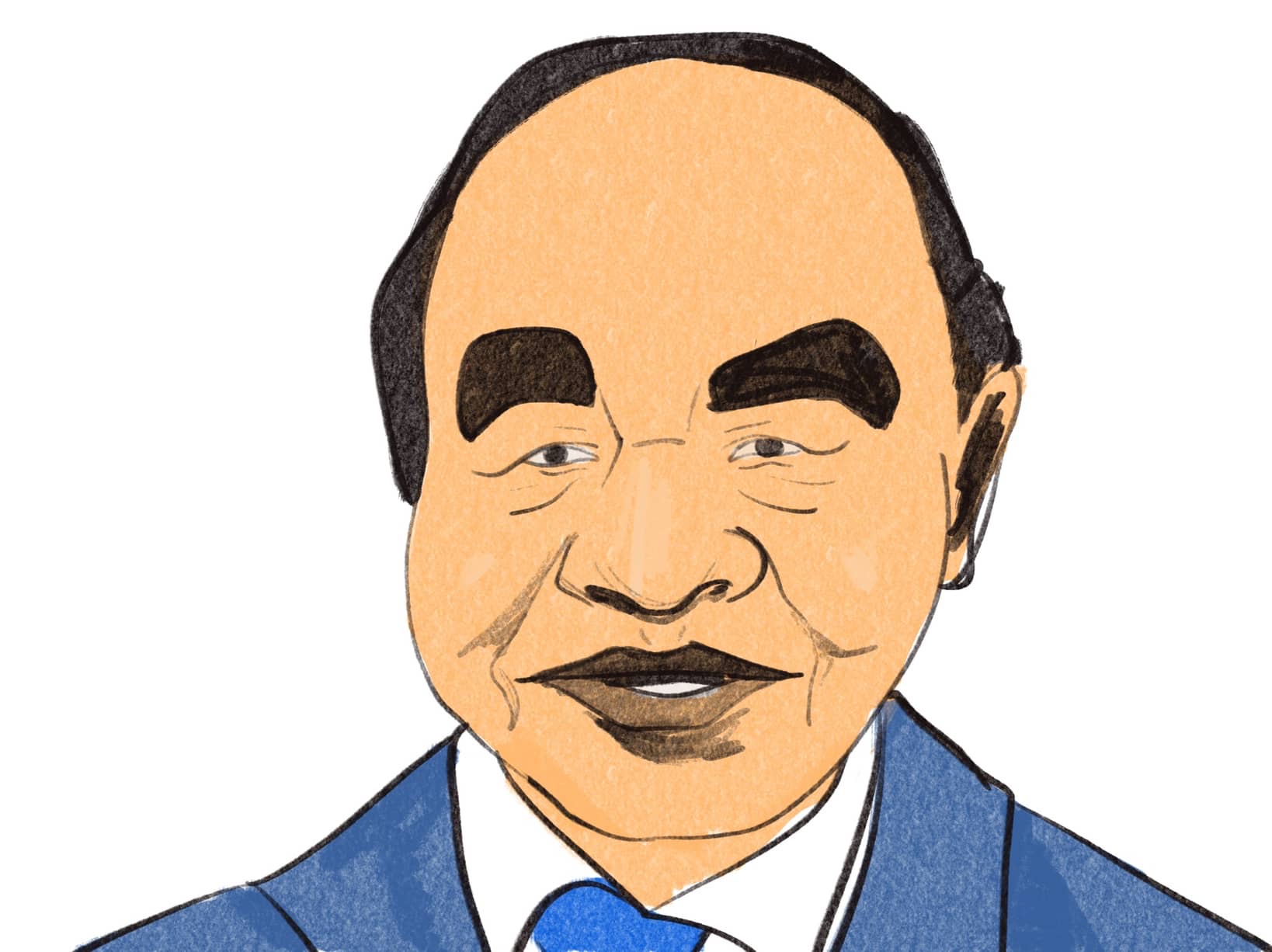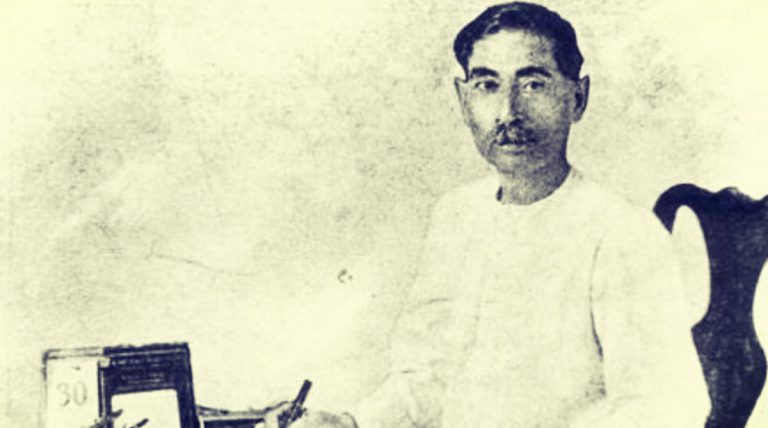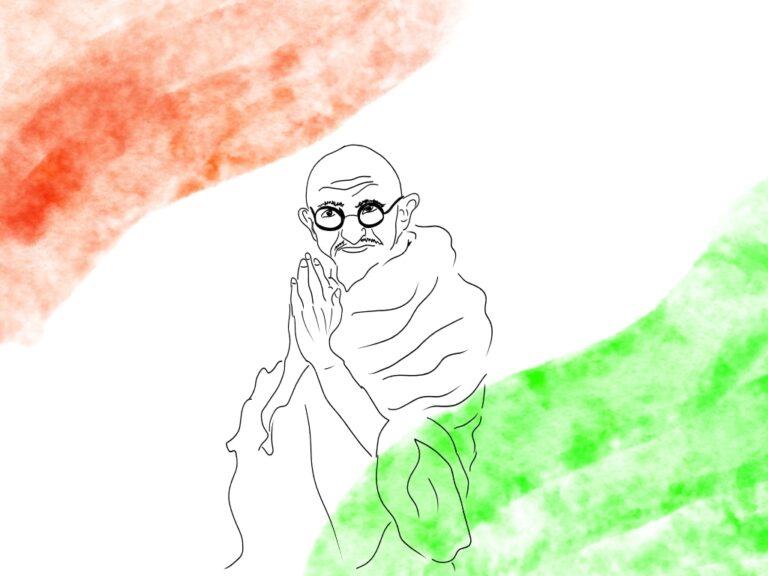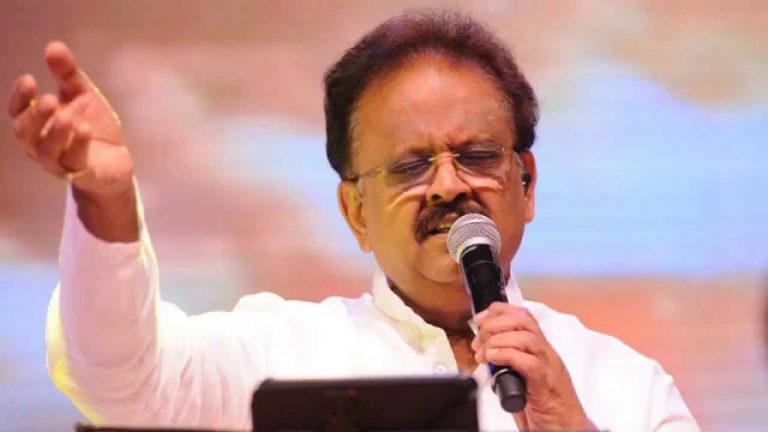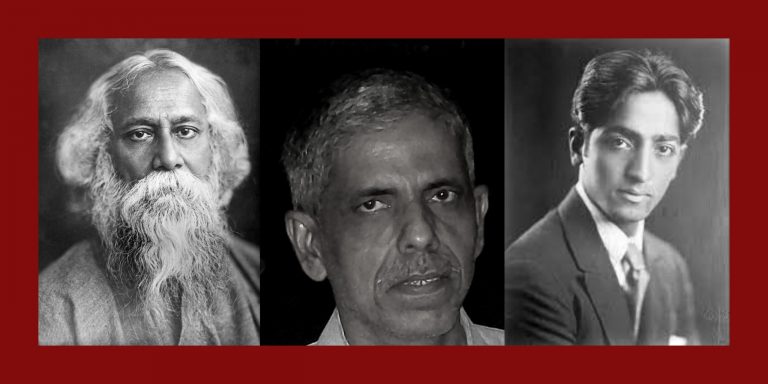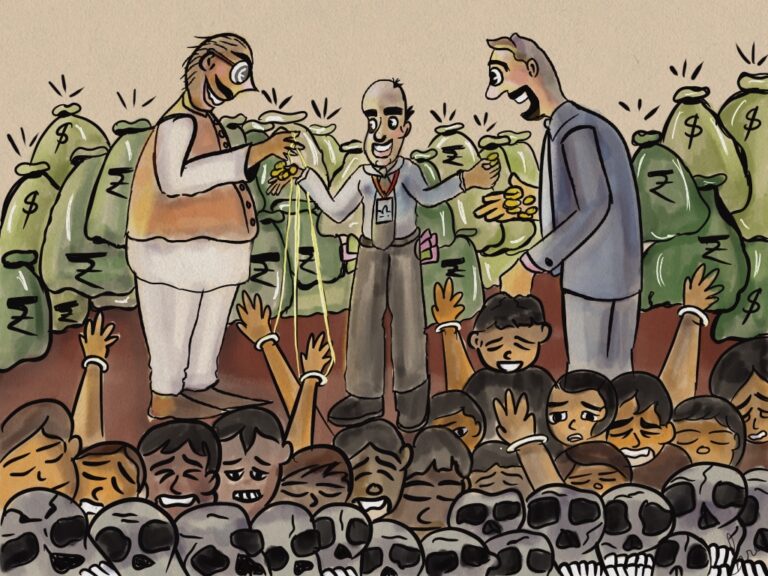Zoramthanga’s dissent to democratic leadership for Mizo Land

Ms. Manya Nath is the first author of this article. Manya is an Account Coordinator at Genesis Burson India. She holds a master’s degree in journalism and mass communication.
Northeast India has politically been underrepresented in mainstream Indian politics. The persisting ethnic tension and challenges of Northeast India having been overlooked by the state to not address ethnic clashes and identity crises in the region. This piece is an effort to represent and reflect on this region, drawing attention to its special needs so it might receive the political attention it deserves. Mizoram has experienced insurgency and conflicts. This region and their long run history is a rich insight to understand the contested sight of dissent to democracy with rich cultural diversity of indigenous communities and how this region focused on peace building efforts, conflict resolution and ensured long-term stability.
Choosing to write particularly on Mizoram, stems from a deep eagerness to address the region’s historical neglect and underrepresentation of indigenous communities in mainstream Indian politics. For decades, the Northeast has faced systemic marginalisation, with its unique challenges and voices often overlooked by the state until recently. Committed leadership emerges amidst an identity crisis in society where regional identity seems to be in threat due to any types of invasion or intrusion by other ideologies. In the context of Mizoram it is important to reflect on the leadership of Zoramthanga. He served as MNF Chief Minister from 1998 to 2008 and again from 2018 to 2023.
Zoramthanga, born in 1944, is a pivotal figure in the political landscape of Mizoram, India. His early experiences witnessing the Mizo people’s grievances against the Indian government galvanised his commitment to their cause. In 1966, he joined the Mizo National Front (MNF) party, becoming a central figure in their armed struggle for a separate Mizo state. Zoramthanga, an active insurgent, also had to meet a peace agreement in 1986. His leadership and dedication were instrumental in the negotiations that led to the historic Mizo Accord in 1986, a landmark agreement that facilitated Mizoram’s transition to statehood and brought an end to years of conflict. Inception of revolt does arise out of identity crisis leading to organised movement to practise dissent. The dissent is also accommodated in democratic system to make the dissent eligible to receive an accountable action for regional development.
Following the Mizo Accord, Zoramthanga transitioned into mainstream politics, where his contributions continued to shape Mizoram’s future. As a member of the first MNF Government, he served as the Finance and Education Minister, focusing on the development and stability of the newly formed state. His tenure in these roles underscored his commitment to improving the socio-cultural and economic conditions of Mizoram. Zoramthanga’s journey from a revolutionary leader to a key political figure highlights his enduring influence and the significant impact he has on Mizorm’s path to peace and progress.
Zoramthanga, as the Chief Minister of Mizoram and leader of MNF, has consistently outlined a manifesto that focuses on sustainable development, peace and socio-economic growth for the state. A cornerstone of his political priorities is the improvement of infrastructure, particularly in rural areas. The manifesto significantly prioritizes local development and amicable ethnic existence. He advocates for better road connectivity, enhanced healthcare facilities, and increased access to quality education. His administration has also prioritised the development of agriculture and allied sectors, recognizing their vital role in the state’s economy. Zoramthanga emphasises the importance of self-sufficiency in food production and promotes the adoption of modern farming techniques to boost productivity. Zoramthanga faced criticism due to land and resources politics along with refugees from Myanmar. The pressure on resources was escalating as refugees were welcome in Mizoram. Zoramthanga clarified that refugees are not being armed Mizoram whereas only being provided with food and shelter.
By reflecting on Mizoram, one can strive to bridge gaps in the development process, working tirelessly to improve infrastructure to the region. It’s about transforming neglect into opportunity, ensuring that the people of Mizoram and the Northeast India as a whole can thrive contributing to the nation’s growth.
The theoretical assertion on dissent to democracy in the context of Mizoram with the political leadership Zoramthanga can’t get away from those ideas and ideology who disagree with the MNF party’s manifesto and their ideological practices to serve people. Mizoram, the contested space, is an ideological battle in the region among people belonging to tribal communities. The negotiation through democratic process enables the possibility to curb violence in the name of ethnic identity, resources and land.
Voicing for the local needs and cultural identity is essential minimum action where there is constant ethnic violence and disruption. Attaining a peaceful political system is possible through focused democratic processes. The inception of dissent has been rooted in the mizo identity crisis for community, land, and resources of the region. Though ironically it began with violence demanding separation to claim belonging. The representation of dissent followed by militants becoming secessionist ultimately found a democratic voice through active politics as Zoramthanga became Chief Minister in the year 1988. It has been a constant battle that took off as violent dissent but culminated in a democratic peak in Indian politics with people participation. This made regional ethnic identity visible for the people to witness change in Mizoram. His leadership earned a place in mass democracy accurately meaning of the people, by the people for the people. As Plato says in politics, we presume that every one who knows how to get votes (in democratic ways) knows how to administer a city or a state. Thus bringing democratic representation is the ultimate victory of people as their voice exactly echoes with the larger interest of mizo people and their rights and duties too.
A pivotal aspect of Zoramthanga’s party campaign has been the preservation of Mizo culture and identity, which he views as fundamental to the state’s progress and unity. Recognizing the rich heritage and unique tradition of the Mizo people, his manifesto emphasises the need to protect and promote this cultural legacy. Central to his efforts is the support for traditional arts, crafts, and festivals, ensuring that they remain integral to Mizoram’s social fabric. Furthermore, his campaign highlights the importance of safeguarding indigenous rights and promoting the welfare of tribal communities. Local economy is dependent on handicrafts, bamboo products and traditional arts thus bringing in commercial and sustainable progress is a fundamental right of the people. His policies have been designed to empower these communities through economic and social initiatives that respect their cultural practices. He also champions the documentation and promotion of Mizo history and folklore, supporting museums, cultural centres, and academic research dedicated to Mizo heritage.
Only knowing the need for representation of ethnic identity is not enough unless the process of reaching to ensure democratic representation is equally considered in the context of Mizoram. A leader’s vision is reflected in the manifesto to be materialized through democratic political power. Zoramthanga’s political leadership is a needed insight for political mass communication for the less discussed Northeast India. Revolt or a rebel voice is born as a dissent out of dissatisfaction among masses against the state but converting the dissent into democratic representation is an actualization of individual commitment to belonging to land and ethnic identity. The vision of an individual leader multiplied by mass conviction for the MNF manifesto in democracy demonstrates the possibility of needed change for the people, of the people and by the people.
Featured Image Credits: Economic Times


